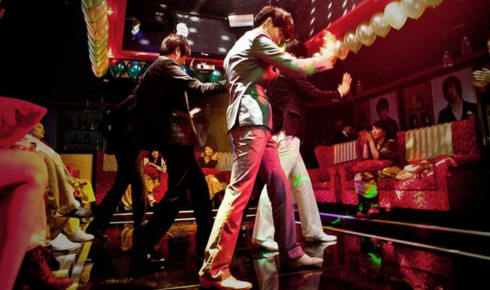Understanding the Rise of Host Bars in Korea
A host bar is a unique type of entertainment venue where customers pay to drink and engage in conversation with male hosts. While the concept traces its roots back to Japan’s “host club” culture, it was adapted into a distinct Korean form during the 1990s. Unlike traditional nightlife venues, host bars emphasize not only alcohol service but also companionship and emotional connection, which have grown increasingly relevant in modern urban life.
Social Shifts That Shaped Host Bars
The popularity of host bars in Korea is deeply tied to broader social changes.
- Women’s Empowerment: Since the late 1990s, the rise of women’s education, income levels, and decision-making power has expanded leisure and entertainment options beyond the traditionally male-focused nightlife scene. Host bars cater to this demand by creating spaces where women are the central patrons.
- Changing Lifestyles: The increase in single-person households, demanding work hours, and weakening personal relationships have all contributed to greater social isolation. In this environment, people seek venues that provide not only entertainment but also emotional fulfillment.
- Emotional Hospitality: Host bars distinguish themselves by blending drinking with companionship, positioning themselves as places where emotional connection is just as important as the atmosphere.
Host Bars as Emotional Entertainment
More than simply places to drink, host bars provide what is often described as “emotional hospitality services.” Patrons visit not just for the beverages, but for attentive conversation, companionship, and a sense of being heard. This element of personal connection differentiates host bars from other nightlife venues such as clubs or karaoke rooms.
For many, this form of entertainment offers temporary relief from loneliness, while also reflecting broader cultural shifts in how people approach relationships and leisure.
Gangnam: The Center of Host Bar Culture
Seoul’s Gangnam district has become one of the most recognized hubs for host bars, attracting both locals and visitors. Known for its vibrant nightlife, Gangnam offers a range of upscale and stylish venues that combine luxury service with the intimacy of host culture.
Today, establishments like 강남 호스트바 represent this evolving industry, where the focus is on creating a refined, emotionally engaging experience for patrons.
Final Thoughts
The rise of host bars in Korea reflects more than just nightlife trends—it mirrors larger social transformations, including women’s empowerment, shifting lifestyles, and the search for connection in an increasingly fast-paced, individualistic society.
As cultural norms continue to evolve, host bars remain a significant part of urban entertainment, providing spaces that blend companionship, luxury, and emotional connection in ways that go beyond traditional hospitality.

